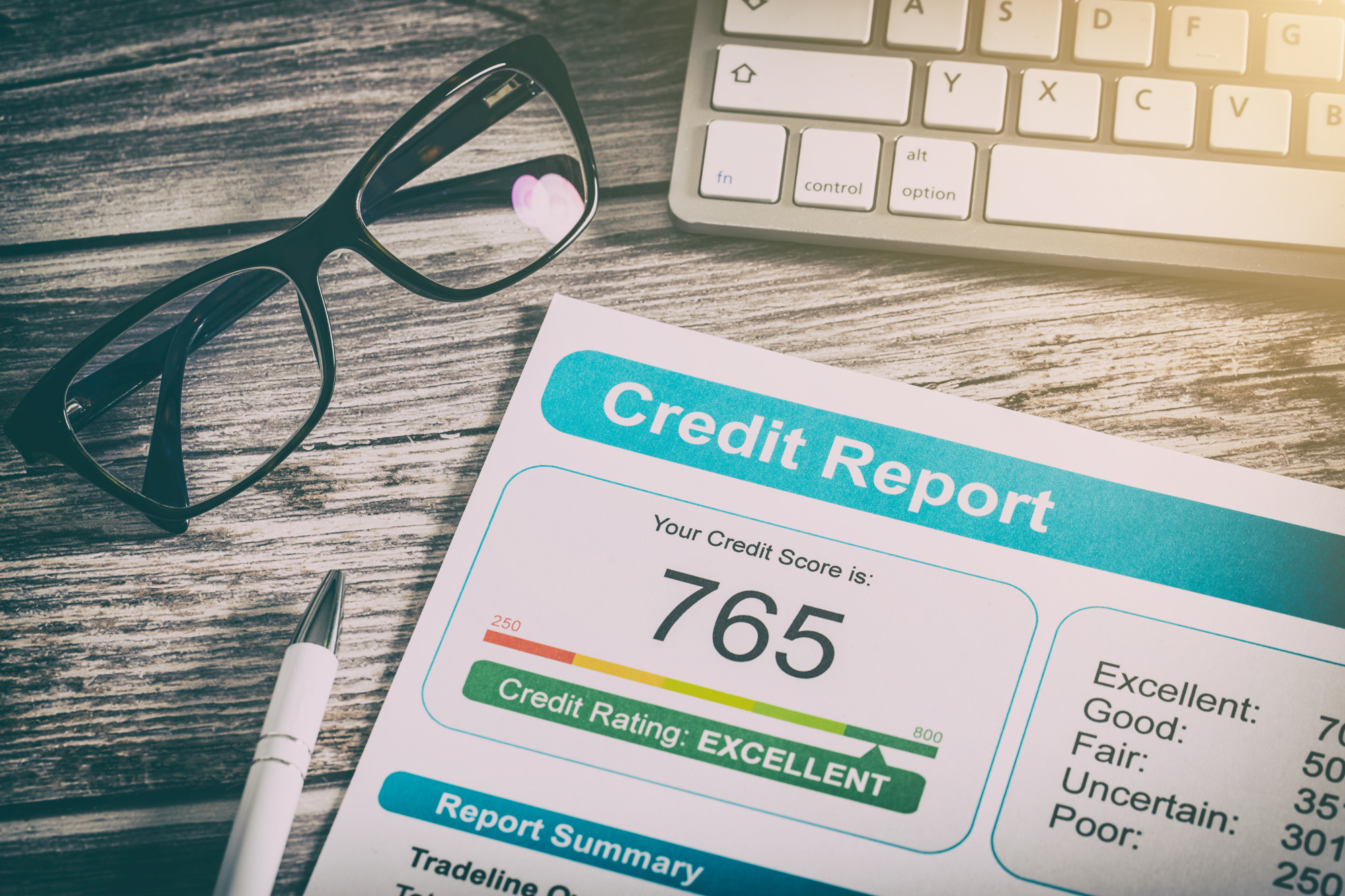Did you know that younger Americans had 930 billion in credit card debt?
People with bad credit may struggle to obtain the things they need to survive, like new housing or a new car, with valid credit approval. People with bad credit essentially are individuals who aren’t able to pay back their debt because of various circumstances, but some situations are occasionally out of their control.
If you are wondering, “what is bad credit?” Now you’re in the right place. Read on, and we’ll break down all the important factors.
Table of Contents
What Is Bad Credit: Record Of A Delinquent Debt
A bad credit score of delinquent debt is a documented history of a person’s financial activity that indicates a lack of investment discipline or ability to manage debts properly. When an individual fails to pay off a debt or meets payment terms, such an account is marked as delinquent on their credit report.
Delinquent accounts may stay on a person’s credit report for seven years from the date of submission to the credit bureau.
Bad Credits Pay Higher Interest Rates
Bad credit is an unfortunate circumstance in which one’s credit score is lower than what lending institutions and creditors consider acceptable, usually below 620. When someone has bad credit, they are typically charged higher interest rates on loans and another financing. Because lenders view those with bad credit as having a greater risk of defaulting, they charge extra fees and interest to protect themselves.
Higher interest rates may result in an even bigger burden on borrowers than they already face due to their poor credit. As such, borrowers with bad credit should consider taking extra steps to improve their credit rating, such as adopting better spending habits and paying down debt.
If you want to improve your credit score, create a budget, work on paying outstanding debts on time, and monitor your credit score regularly.
Higher Down Payment for Bad Credits
For buyers with bad credit, a higher down payment may be necessary to purchase an item. This is because lenders view bad credit as a risk, so they require a larger down payment in order to offset their risk. For example, a mortgage lender may require a 20% down payment for buyers with bad credit, while a buyer with good or excellent credit may only need a 3-5% down payment.
Increase The Cost Of Insurance Premiums
Bad credit increases the cost of insurance premiums because insurance companies consider it an increased risk to cover an individual with a poor credit history. Those with subprime credit are often charged higher premiums than those with good credit scores. Insurance companies use someone’s credit report to gauge the risk associated with a policy.
It is important for individuals to maintain a healthy credit score so that they can enjoy more competitive insurance rates.
Avoid Getting Into Debt And Improve Your Credit Score
Knowing what is bad credit can be tough, but there are ways to avoid getting into debt and improve your credit score. Start by budgeting and tracking your spending, creating a plan to pay down debt, and working to build your credit history. Make sure to take action today, then watch your credit score rise!
Bookmark our site now and come back for more insights and valuable information!




